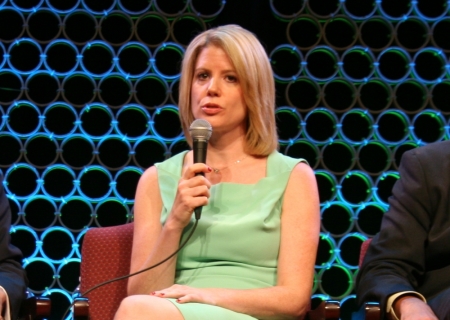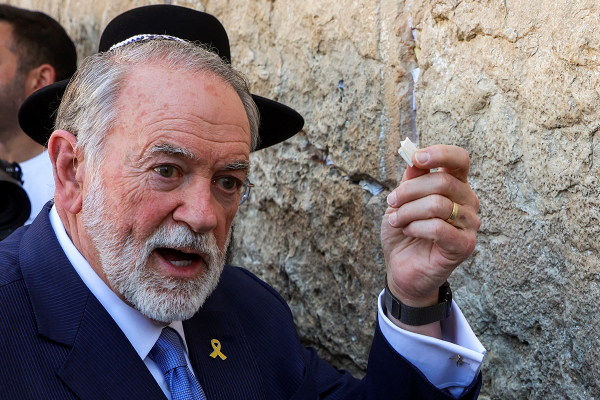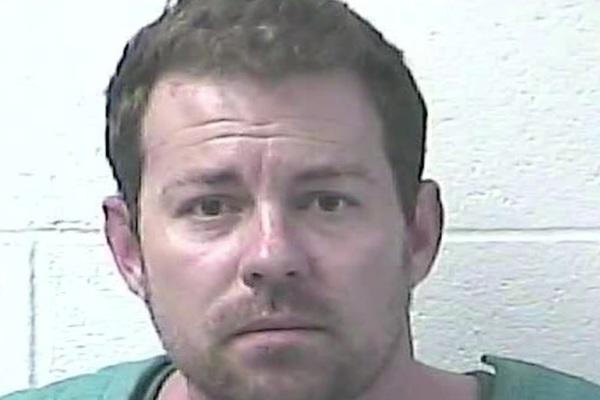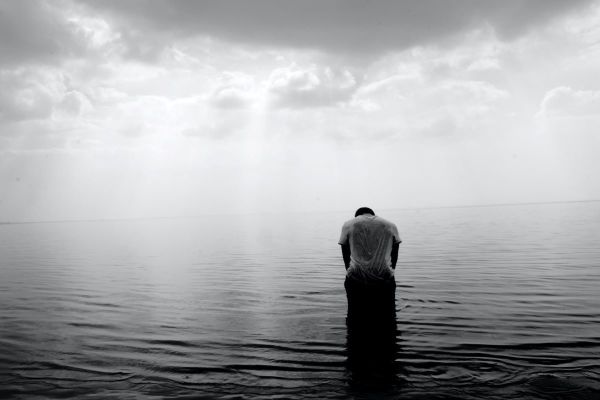Kirsten Powers, why become Catholic then disregard teaching on abortion?

Commentator Kirsten Powers wrote a USA Today column lamenting recent state initiatives to limit abortion, describing herself as both “pro-choice and pro-life.” She recalled her own conversion to Evangelicalism a decade ago and more recent induction into Roman Catholicism. She wrote:
Throughout this period, I was surrounded by people who believe that one could not be a “real Christian” if they weren’t “pro-life.” I wanted to be a real Christian. Though I didn’t see much in what I read in the Bible to justify this litmus test, I was new to the faith and trusted those who seemed more theologically knowledgeable.
Of course the Roman Catholic Church, which Powers has joined, has an emphatic teaching about the humanity of unborn human life and its merits for protection by civil society. Many social and political issues are matters of Christian prudential judgment. But for Roman Catholics, their church’s teaching on abortion is binding.
As a Protestant, I’ve always been perplexed by committed Catholics, especially adult converts, who presumably have carefully pondered their church’s truth claims, and then reject or minimize them. Why join or remain with an institution and faith tradition whose core premises are deeply faulty?
Powers is a journalist and thought leader who presumably was catechized in Catholic teaching during her induction into the church. She knows this church has a very long, deep and rich ethical tradition about human life that cannot be encapsulated by a few Bible verses. Yet in her column she does not engage her church’s teaching at all. Instead she treats the issue as merely another hot button in American culture wars.
Some ardent Catholics might dismiss Powers as a de facto Protestant, asserting sweeping truth claims against Roman Catholic teaching based on individual preference alone. But this caricature, although found among many individual Protestants, is not true of classic Protestantism.
Every major stream of historic Christianity, including Protestants, Catholics and Orthodox, believe in a corporate Body of Christ alive across millennia and all cultures, sustained by the Holy Spirit. No individual Christian in any church is left isolated to craft his or her own corpus of ethical teachings. Instead, wonderfully, every Christian has access to an incredible moral tradition shaped and sustained by saints, martyrs and scholars from every land and era.
Christians, on the great theological and moral imperatives, are not called to be lonely individualists. Instead they are invited to think and reason with the whole Body of Christ, which is a mighty cloud of witnesses whose collective experience and wisdom are immeasurable. Why would any Christian decline this magnificent invitation?
Tragically, many Christians aren’t even really aware of this great moral tradition of which they are heirs. Many American church people argue against historic Christian teaching about marriage, thinking it’s contingent on merely a few Bible verses that can be contextualized or overridden. They almost never address the universal church’s multifaceted teaching about male and female rooted in creation, emblemized in the redemption story, fulfilled in eschatology, and integrated into liturgy, sacrament, hymnody and ecclesiology.
Likewise, many American church people justify their politics based on isolated Bible verses but without reference to historic church teaching about God’s purpose for the state and civil order. All Christian teaching rests ultimately on Scripture. But the church collectively offers reflection, wisdom and insights that autonomous individuals, perusing their Bible alone, will likely not easily discover. Both liberals and conservatives in U.S. Christianity commonly err in their hyper individualism and mutual disregard for or ignorance of wider ecclesial counsel.
Powers’ USA Today column sadly reflects this common penchant for U.S. Christian moral reflection in isolation from the treasures of historic church teaching. This path is well trod but it is also lonely. We may not always like what those treasures offer.
But thoughtful Christians should not make serious theological and ethical claims without any reference to those treasures. Why not at least acknowledge what the Communion of Saints, across time and place, has to say? Whether agreeing or disagreeing with the tradition, the encounter will be enriching.
Originally posted at Juicy Ecumenism.





















